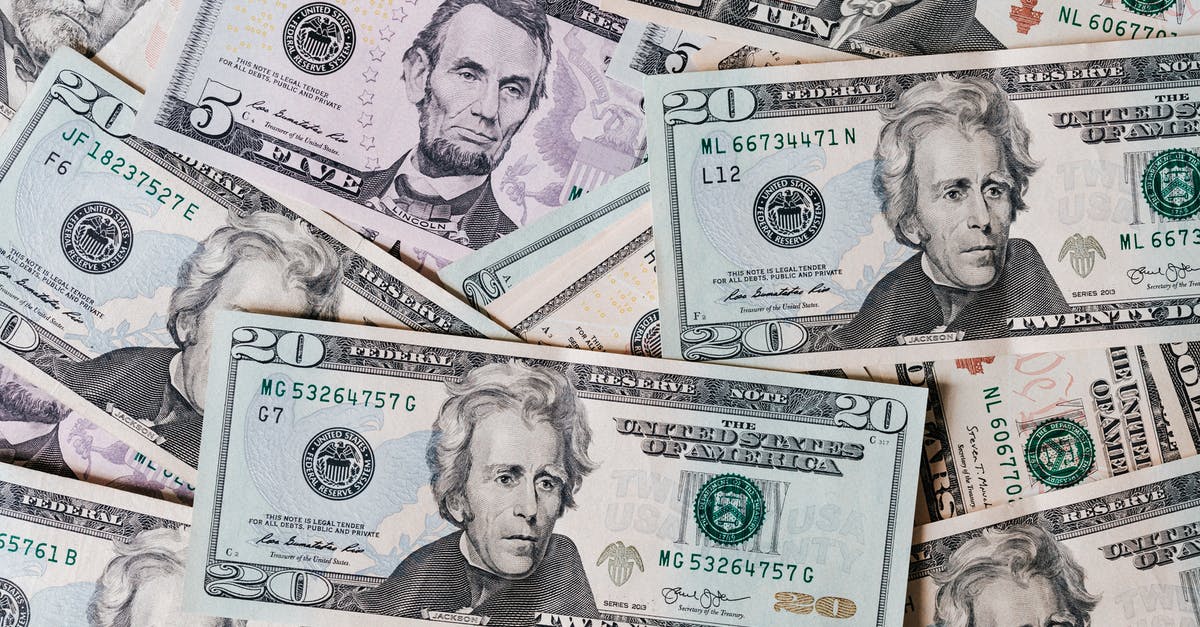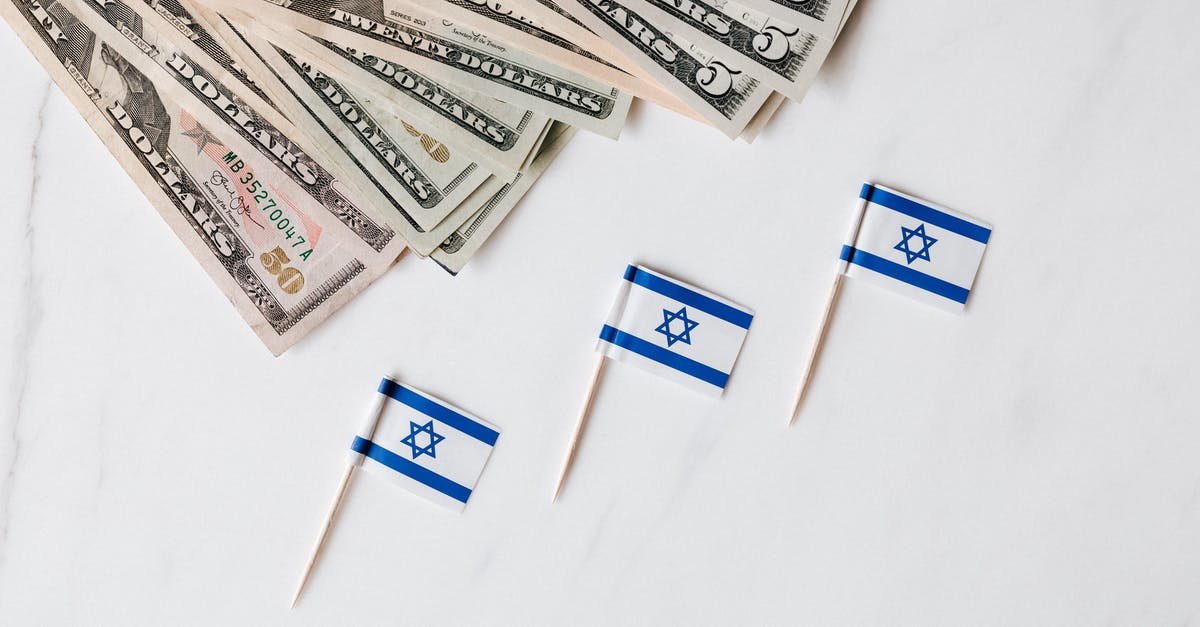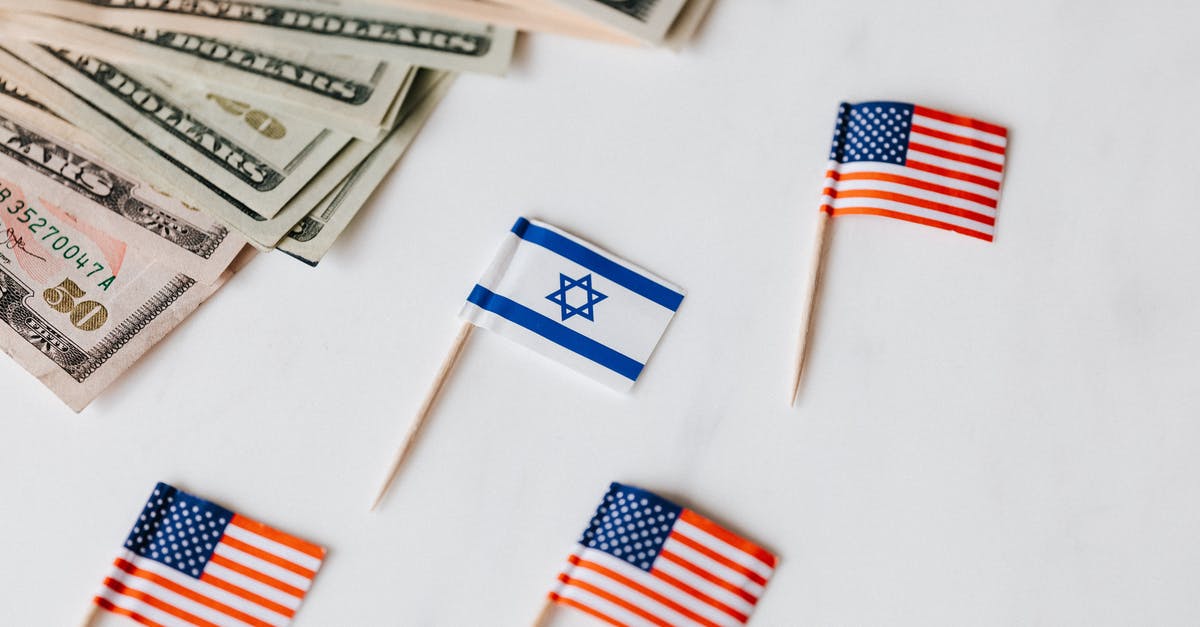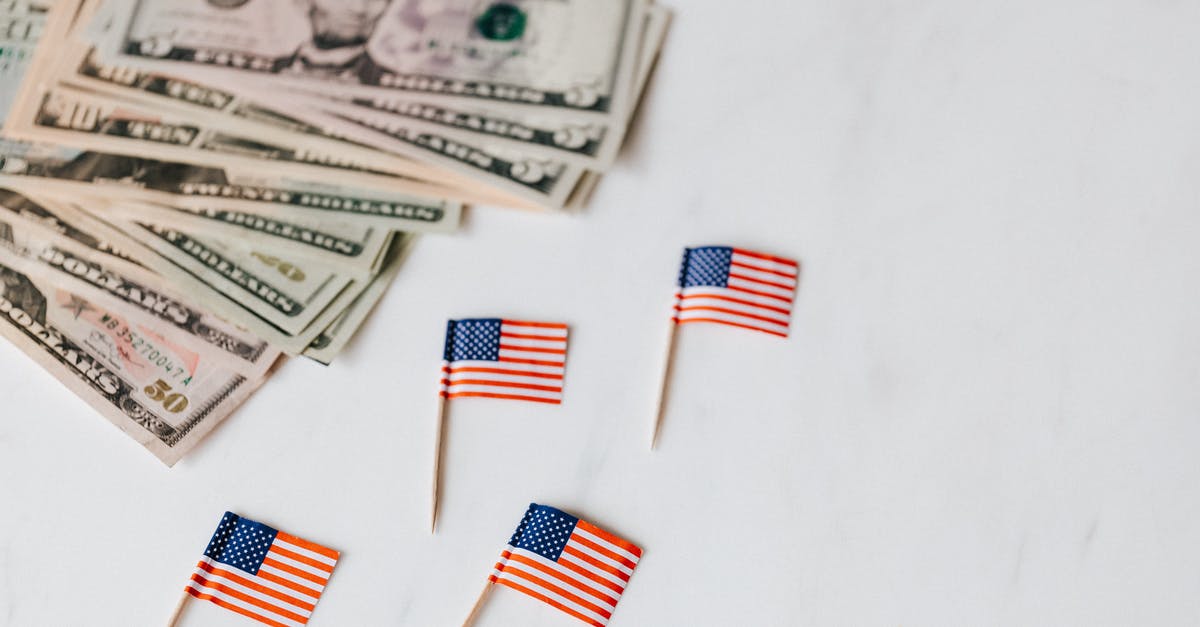Why is sum of shares different from total value (10% instead of 100%)?

I know the game is supposed to mimic the real market, about which I know almost nothing, but I don't understand how the value of a share is calculated (I mean why is it calculated the way it seems).
When your company total value is 1,206K (1 206 000 $), your shares are at "12.06 $", but there are not 100 000 shares like you could think, there are only 10 000 shares (10 blocks of 1000 shares).
So why shares represent only 10% of a company ? Why would you be the owner of a company after buying only 6% of it ? Is real market like this or is it just a thing in the game ?
UPDATE : the answer may be I'm just wrong in my calculations and the total of shares IS equal to the total value of a company which would make sense to me.
Best Answer
While I cannot say for sure what "total value" means in this context, I believe that is the company's net worth, equivalent to what one would earn by dissolving the company and selling all its assets.
"Share price" is the amount a share of the company is sold for in the stock market. It is determined by market forces within the investor population, which seeks growing, profitable companies.
The sum of the shares, also known as market value is the value of the company as seen by investors, which depends on how good an investment the company is viewed as. In this particular case, the company is viewed as a very unsafe investment, making buying a share a very risky proposition.
Pictures about "Why is sum of shares different from total value (10% instead of 100%)?"



What does 100% shares mean?
For example, if a company has 1,000 shares of stock outstanding and one person owns 100 shares, that person would own and have a claim to 10% of the company's assets and earnings. 2.Why share price is more than face value?
In case of certain stocks, the face value may be higher than the market value. A share is said to be at a premium or above par when its market value is more than its face value like the above example. If a stock with a face value of Rs 10 is selling at Rs 25, it is at a premium of Rs 15.Is a stock order comprised of less than 100 shares of stock?
Simply stated, an "Odd Lot" is a stock order comprised of less than 100 shares of stock.How is share price calculated?
To figure out how valuable the shares are for traders, take the last updated value of the company share and multiply it by outstanding shares. Another method to calculate the price of the share is the price to earnings ratio.Sources: Stack Exchange - This article follows the attribution requirements of Stack Exchange and is licensed under CC BY-SA 3.0.
Images: Karolina Grabowska, Karolina Grabowska, Karolina Grabowska, Karolina Grabowska

